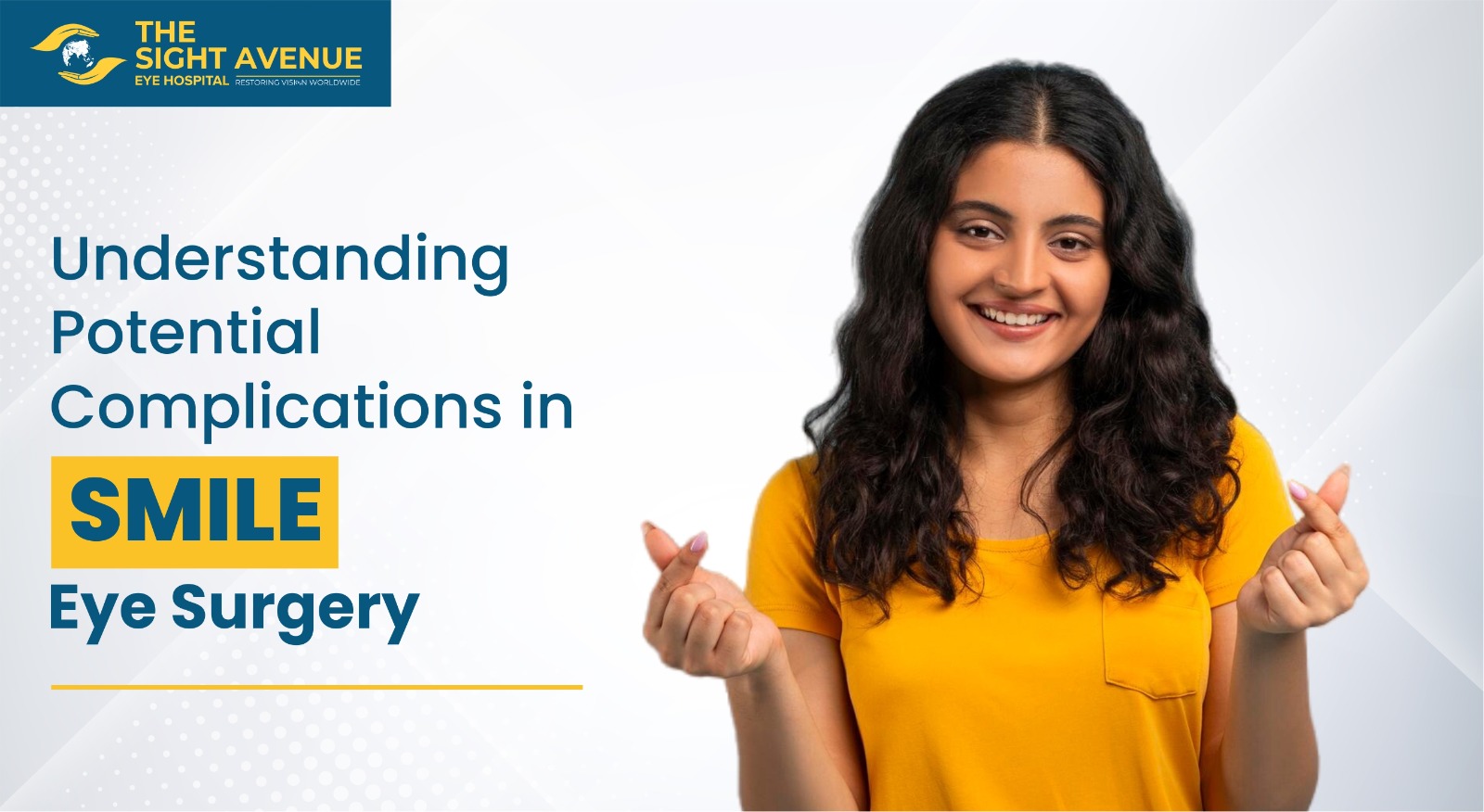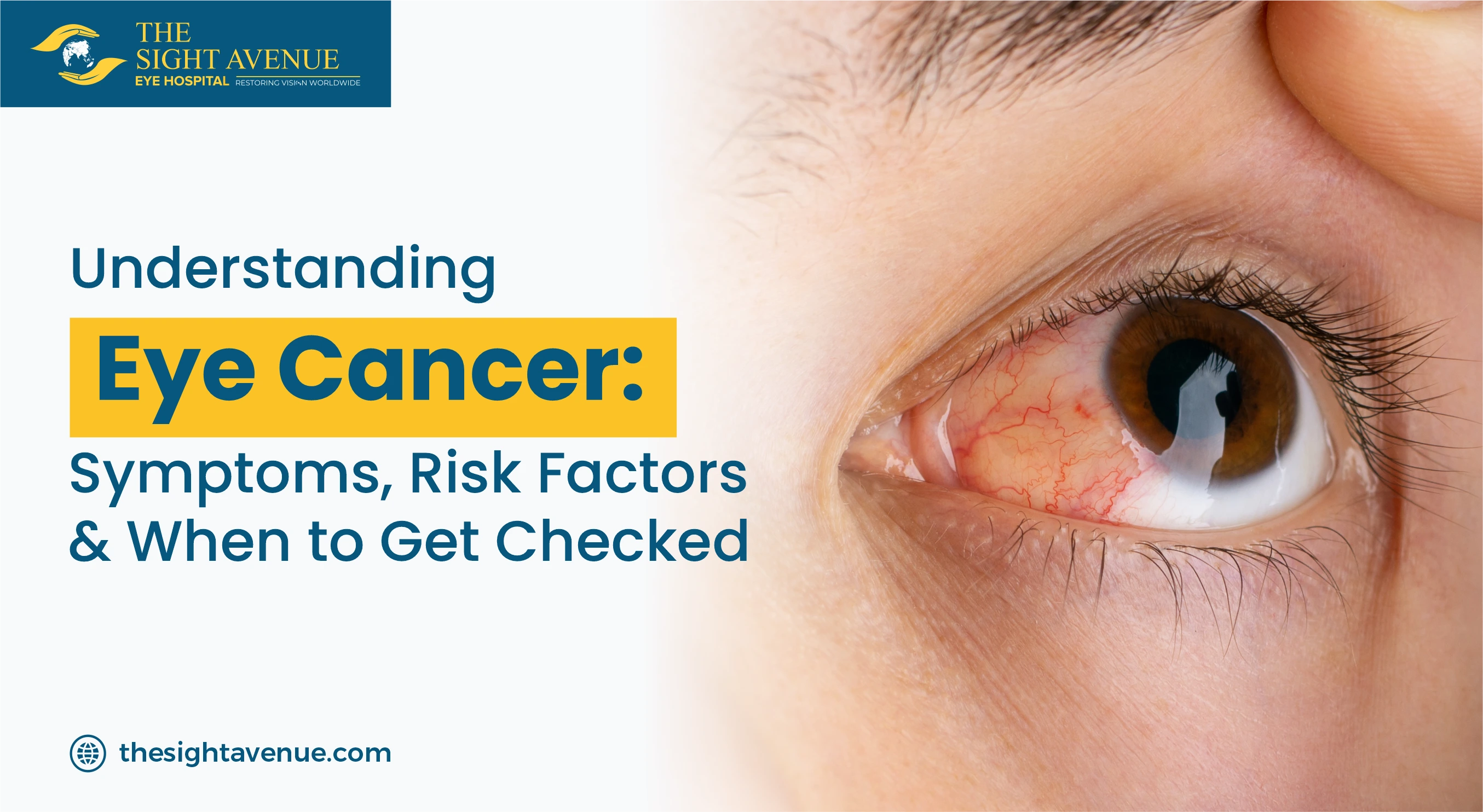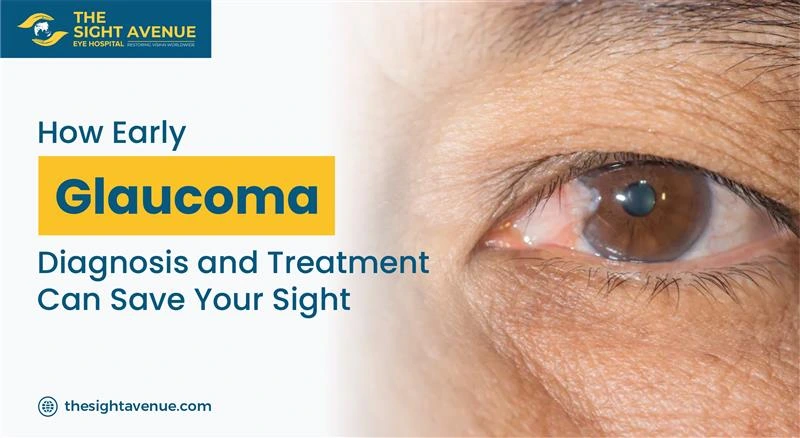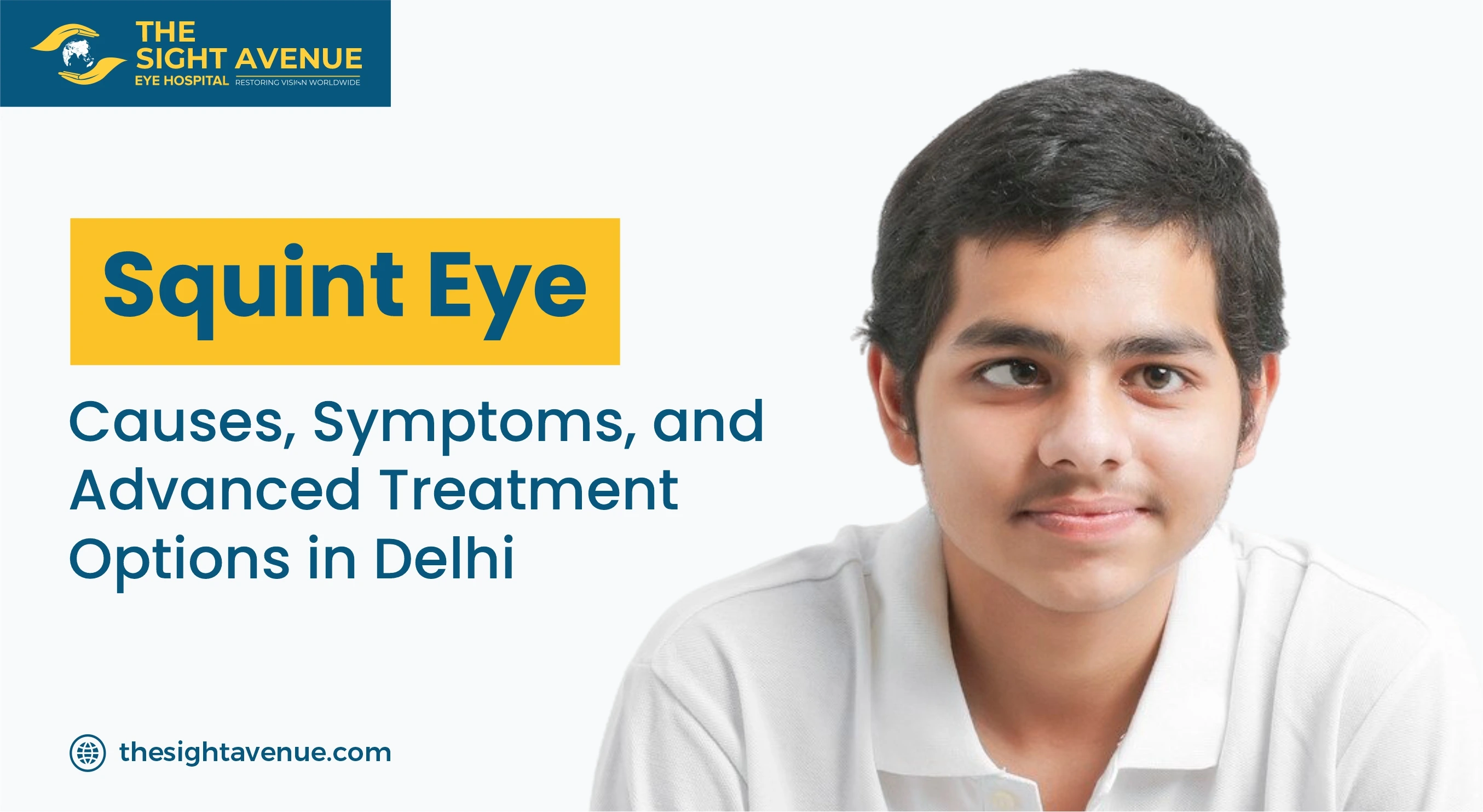Understanding Potential Complications in SMILE Eye Surgery

The world of ophthalmology has witnessed a transformative revolution thanks to laser vision correction procedures. These innovative techniques have opened doors for millions of individuals, offering them a chance to reduce or even bid farewell to their reliance on glasses or contact lenses. Among these procedures, one that has gained considerable popularity in recent years is known as SMILE eye surgery, an acronym for Small Incision Lenticule Extraction. This surgery has many advantages, but it still has some complications, which are necessary to understand before you undergo relex smile eye surgery, and this blog will help you explain some smile surgery complications.
What is SMILE Eye Surgery?
SMILE eye surgery, or Small Incision Lenticule Extraction, is a remarkable laser eye surgery procedure known for its minimally invasive approach. Its primary goal is to address nearsightedness, or myopia, by reshaping the cornea and enhancing vision. What sets SMILE eye surgery apart from conventional LASIK surgery is its avoidance of the classic flap creation process. Instead, this technique involves the creation of a small incision through which a lenticule is extracted from within the cornea. By altering the cornea's curvature in this manner, refractive errors are corrected, allowing for improved vision without the need for a traditional flap.
For better understanding and proper guidance, you may visit our Best Eye Hospital in Delhi to resolve all your queries.
Know More: How To Remove Spectacles Permanently
Smile Surgery Complications
- Dry Eye Syndrome: Dry eye syndrome is a common SMILE eye surgery complication. Dry eye occurs when the eye doesn't produce enough tears to maintain proper moisture or when the quality of tears is compromised. This can cause eye itching, burning, redness, and a foreign body sensation.
Although transient, these symptoms can be annoying in the weeks after surgery. Dry eye patients are usually prescribed artificial tears or other lubricating eye treatments. - Regression: Refractive surgery, including relex smile eye surgery, offers long-term vision correction. Some patients have regression, where their vision progressively returns to preoperative levels. To restore vision correction, a follow-up treatment or enhancement may be needed. Regression risk is modest, but SMILE candidates should consider it.
- Undercorrection or Overcorrection: There is a minor chance that smile eye surgery gone wrong, and it results in undercorrect or overcorrect vision due to its difficulty. The patient may still need glasses or contacts if the treatment undercorrected their myopia. Overcorrection can cause hyperopia (farsightedness). Patients must understand that residual refractive error is possible and perfect vision is not guaranteed.
- Infection: Infection is rare, but all surgeries have risks, including smile eye surgery. Poorly handled postoperative infections can cause pain and visual loss. Patients must follow postoperative care guidelines, including utilizing antibiotic eye drops and avoiding infection-risky conditions.
- Glare and Halos: In low light or when staring at strong lights like oncoming headlights while driving at night, some patients may experience glare and halos. As the eye heals and adjusts to surgery, these symptoms can compromise vision but usually fade.
- Corneal Haze: Corneal haze is a rare complication that can occur after SMILE eye surgery. It manifests as a cloudy or hazy appearance on the cornea and can affect visual clarity. This condition is more common in patients with higher degrees of myopia and typically resolves with time or additional treatment.
- Epithelial Ingrowth: The corneal epithelial cells move under the lenticule interface in another rare problem, epithelial ingrowth. This can cause pain, poor vision, and uneven astigmatism. A follow-up procedure or laser treatment may be needed to eliminate the ingrowth and restore eyesight.
Related Blogs: Lens Or Lasik Eye Surgery?
Conclusion
SMILE eye surgery is a modern and effective procedure for correcting myopia. It is safer than LASIK. While most patients get considerable vision gains without issues, it's important to know the surgery's dangers and implications. Choose an experienced surgeon, carefully follow pre- and post-operative instructions, and discuss any concerns or questions with your ophthalmologist to reduce these smile surgery complications and increase success.
Consult a professional ophthalmologist at our Best Eye Hospital in Gurgaon, to examine your fitness for SMILE eye surgery and explain the risks and advantages. Making an informed decision about eye surgery is crucial for the greatest results and eye health.
Eye problems? Searching for an eye specialist near me in Delhi NCR? The Sight Avenue has 5 eye clinics in Delhi NCR. Contact us today!
Eye Hospital in Delhi
- The Sight Avenue
- The Sight Avenue
- The Sight Avenue
E-82-A, Ground Floor, Hansraj Gupta Rd, Greater Kailash I, New Delhi, Delhi 110048
Email:enquiry@thesightavenue.com
Tel : 011-4666 0666
Mob : +91-8883330799
Fortis Hospital, Escorts Okhla, New Delhi
Fortis Hospital, Vasant Kunj, New Delhi
Recent Post





